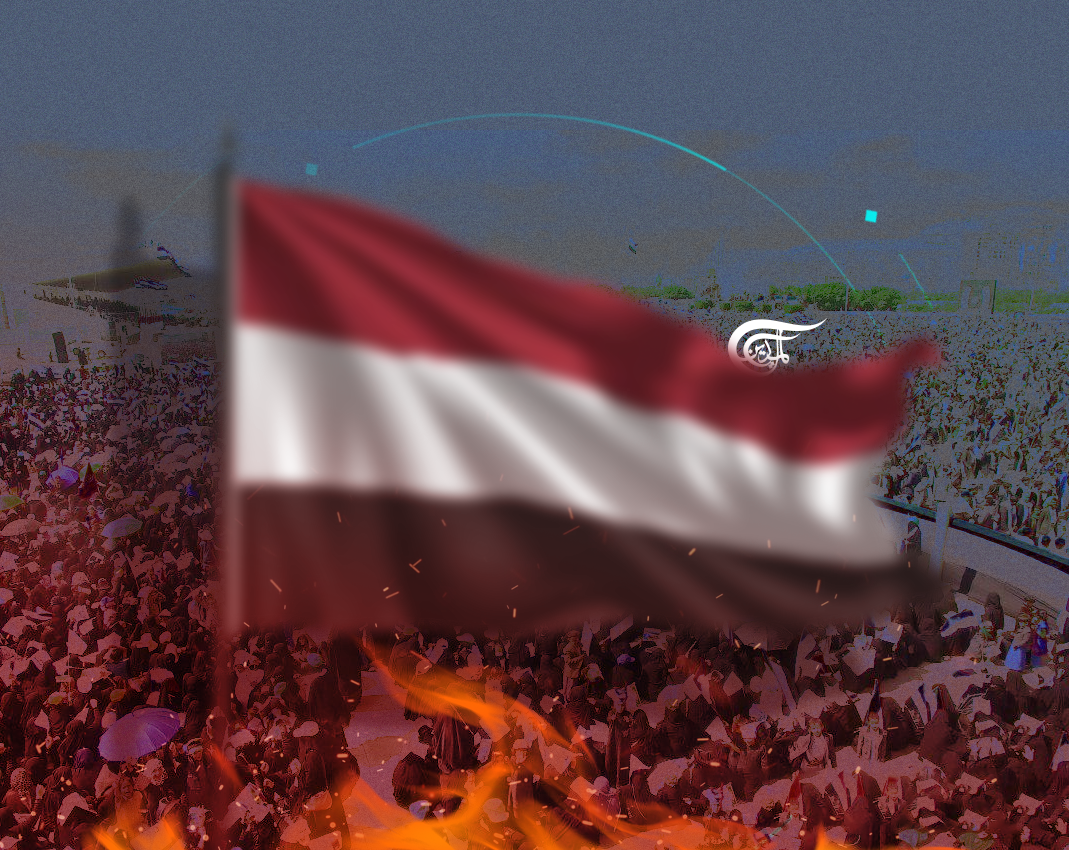The Yemeni September 21st Revolution: Historical background, and Why the Revolution Matters
Yemenis were punished for claiming their right to self-determination, punished for demanding to live in a free, prosperous, and democratic nation.
On July 30th, 2014, the Yemeni government at the time introduced several austerity measures as a prerequisite for obtaining a loan from IMF. One of these measures was to increase the fuel prices, a service that has been historically subsidized for many years. Having witnessed the collapse of Ali Abdullah Saleh’s government in 2012 and an uneasy National Dialogue while state affairs were effectively put to a standstill, the Yemeni people poured into the streets in defiance. Not solely in defiance against an increase in fuel prices, which would severely impact the quality of life in the already poverty-stricken country, but in defiance against malign foreign interference which has, yet again, made life difficult for the ordinary Yemeni citizen.
Spearheaded by the Ansarallah movement, the Yemeni people reignited the spirit of revolution in every corner of the Yemeni Republic. They had suffered under a regime of guardianship to Saudi Arabia, the United States, and its state-run NGOs & think tanks for many decades. This time was different. There was no reluctance amongst protesters and citizens alike, and the end goals were unified. Ansarallah’s leader, Sayyed Abdul Malek Baddreddin Alhouthi, made plea after plea on television to the government of Abdrabbuh Mansour Hadi: “Either you withdraw your austerity measures, or the people will be forced to take matters in their own hands”.
And so, they did. On September 21st, 2014, the Ansarallah and “People’s Committees” stormed the capital in Toyota technicals and armed with Kalashnikov rifles, and effectively seized control of the country. The ensuing night sky lit up with fireworks and cries of joy. The takeover of the capital remained largely peaceful, with only sporadic clashes in the preceding offensive. It marked the first time an armed revolution had seen tangible results in the country since South Yemen gained its independence from the United Kingdom on November 30th, 1967.
What then happened has so far remained largely ignored in the corporate western press. Soldiers of the Yemeni Army joined hands with the Ansarallah and were tasked to guard state institutions and other public buildings. The Ansarallah and a number of political parties organized their own national dialogues in order to find an agreeable lasting solution to Yemen’s many dire problems.
Banners were raised on all major streets with the inscription “Iradat Ash-Shaab” – “The will of the people”. Streets were renamed after Yemen’s long list of anti-imperialist icons, nationalist and socialist alike. A course was set to free the country from the scourge of foreign guardianship and to reinstate true independence with respect to the people’s right to self-determination. The Peace and National Partnership Agreement, proposed by the UN and signed by all parties, constituted the new legal framework on which Yemen was to base its newfound trajectory. Everything was looking positive. Former UN envoy to Yemen Jamal Benomar once proclaimed that the many Yemeni political parties were close to a power-sharing deal that would effectively see the reintroduction of a bipartisan democratic system with its first free election in years.
Yemen’s president Hadi had resigned from his position as president to the Yemeni House of Representatives in January of 2015, and in February that same year, the Ansarallah went forth with a constitutional declaration that would see the revolutionary leadership “vanguardized” and the system reformed under classic socialist and anti-imperialist lines. The government was absolved, and the Revolutionary Committee was to take charge of all state affairs on an interim and transitional basis. The people were now in direct control of all state affairs, circumventing the kleptocratic bureaucracy built by Saleh and preceded by Hadi.
Escaping house arrest, Yemen’s resigned president Hadi then fled to Aden on the 21st of February, where he proclaimed to remain the president and called upon Saudi Arabia to form an international coalition that would see him reinstated. And on March 26th, 2015, the war of aggression against Yemen began officially, as announced by the Saudi Embassy in Washington DC.
Yemen has been bombed for six years straight ever since, despite international outcry and condemnation. A war that has left hundreds of thousands of innocent civilians dead and even more wounded. A war that also brought about a Saudi-enforced blockade on Yemen, effectively manufacturing famine across the country. More than 20 million Yemenis live in famine-like conditions, as vital imports are restricted and barred from entry by the Saudi-American Coalition. And all the war has done, so far, was to prove Yemen’s Ansarallah and its allies right in its assessments. That Yemen is being punished militarily for daring to break free from foreign guardianship. Yemenis were punished for claiming their right to self-determination, punished for demanding to live in a free, prosperous, and democratic nation.
The war has also failed to crush the Yemeni people’s revolutionary spirit. In around August and September 2015, the Yemeni Armed Forces stated their total support for the Revolution and began mobilizing soldiers to Yemen’s border regions in defense of their country. It would mark the starting point of the Yemeni armed struggle in defiance against imperialist aggression. It was a struggle that the Yemeni people have been waging, as the international community continued to deny their rights and their plight; a struggle that has gone unnoticed in many circles across the western world, and unfortunately amongst likewise anti-imperialists as well; a struggle condemned by the international community on baseless grounds, influenced by the lobbyist apparatus of the Saudi regime.
Yemen has suffered under the guardianship of Saudi Arabia for more than 4 decades. History shows that anyone who opposes this system of tutelage has been dealt with in the most horrifying manner possible. Presidents, intellectuals, opposition leaders, and academics have been assassinated by the Saudi regime for daring to reclaim their right as independent people.
September 21st Revolution remains the beacon and the guiding light to which the Yemeni people have waged their People’s Struggle. A correctional revolution meant to straighten out the path first laid by previous revolutions. September 21st is important because it marks a turning point of Yemeni contemporary history, in defiance against America and its imperialist aspirations. The revolution emphasized the importance of self-reliance over reliance on foreign countries. It is a worker’s revolution that unified an otherwise fragmented people.
From an increase in fuel prices to an all-out People’s War, the Yemeni people refuse to bow under pressure.

 Rune Agerhus
Rune Agerhus
 6 Min Read
6 Min Read











